Strict conditions on fuel consumption
The new Special Consumption Tax (SCT) Law not only applies incentives to externally charged hybrid vehicles (PHEVs) as before, but also extends them to self-charging hybrid vehicles (HEVs). However, to enjoy the 70% preferential tax rate, hybrid vehicles must meet a key condition: Fuel consumption (liters of gasoline/100km) must not exceed 70% of the average consumption of gasoline-powered vehicles of the same type, based on the cylinder capacity classification.
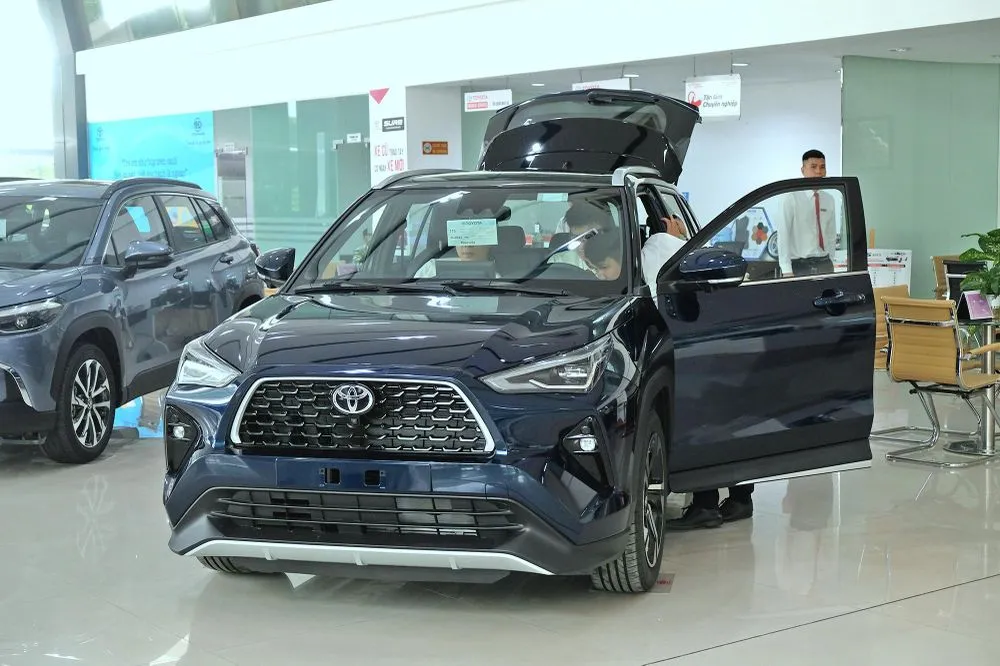
To enjoy the 70% preferential tax rate, hybrid vehicles must meet a key condition: Fuel consumption (liters of gasoline/100km) must not exceed 70% of the average consumption of gasoline-powered vehicles of the same type, based on the cylinder capacity classification.
The Ministry of Finance has assigned the Ministry of Construction the responsibility to classify and publicly announce the average fuel consumption of each type of pure gasoline vehicle on the Electronic Information Portal. It is expected that the first announcement will take place before December 31, 2025, creating a basis for determining vehicles eligible for incentives. This list will be updated annually, before March 31.
Average calculation method
Determining average fuel consumption will be based on data on vehicle models of the same cylinder capacity currently sold on the market.
"For example, to calculate the average fuel consumption of vehicles with a capacity of 1.5L or less, the fuel consumption of all regular gasoline vehicles with a cylinder capacity of 1.5L or less will be divided by the average. Then, the fuel consumption of hybrid vehicles will be compared with that average level. If the vehicle does not exceed 70% of the average consumption level, it will be eligible for special consumption tax incentives," explained a member of the technical subcommittee of the Vietnam Automobile Manufacturers Association (VAMA).
A representative of the Road Vehicle Emission Testing Center (NETC) said that the official comparison criteria will be based on fuel consumption information on the certificate of the Vietnam Register. Passenger cars will be compared with gasoline vehicles of the same type (same manufacturing/assembly address, same vehicle type, same cylinder capacity) with data within the last 3 years. "For example, a Honda CR-V with a capacity of 1.5L and a hybrid vehicle with the same capacity of 1.5L are compared. If the hybrid version has a consumption level not exceeding 70% compared to the regular version, it will receive tax incentives. If the type of vehicle is new and has never been seen in Vietnam before, it will be compared with the average level of the vehicle group by cylinder capacity." However, the representative of NETC also noted that vehicles with more than 9 seats currently do not have fuel consumption levels for comparison due to lack of data.
Car prices decrease, economic benefits are more attractive
Reducing special consumption tax not only directly reduces this tax but also leads to a reduction in VAT, causing the final rolling price of hybrid cars to decrease significantly.
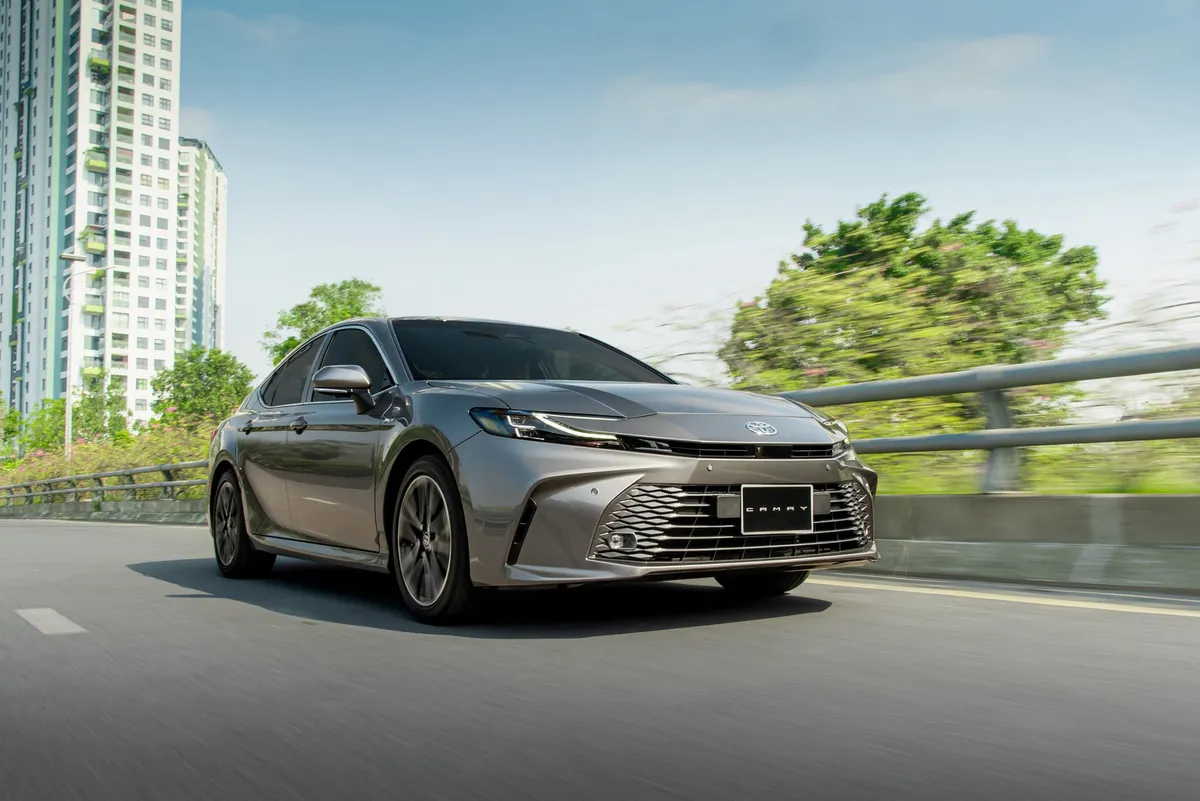
Toyota Camry 2024 in Vietnam has 3 versions, of which 2 versions use hybrid engines including HEV Mid priced at 1.46 billion VND and HEV Top priced at 1.53 billion VND.
A representative of a car company analyzed: If an imported HEV 1,500cm3 model is worth 500 million VND after import tax, when the special consumption tax incentive of 70% is applied, this tax will be reduced by about 52.5 million VND. After adding VAT, the car price can be reduced by nearly 60 million VND compared to the price that would have been incurred if not applied the incentive. This representative also affirmed: "The price of hybrid cars will definitely decrease, but how much will depend on many factors. Some cars will decrease a lot and some cars will decrease a little."
Associate Professor, Dr. Dam Hoang Phuc, Hanoi University of Science and Technology, said that the tax reduction will create a decisive turning point. "When hybrid cars are given special consumption tax incentives, if the selling price is no longer much higher than that of cars using conventional internal combustion engines of the same type, people will likely choose to buy more hybrid cars. Companies like Toyota and Honda have decided to produce hybrid cars in Vietnam to meet this demand."
Although the price of a hybrid car is currently about 100 million VND higher than a pure gasoline car, in the long term, the economic efficiency is still significant. With a long warranty period for the battery and electric motor (about 7 years and 150,000km) and the maintenance cost only includes cleaning the battery cooling system, users can be completely assured. Moreover, hybrid cars also help owners feel secure when traveling in low emission zones (LEZ) because they meet emission standards from level 4 and above.
Source: https://vtv.vn/xe-hybird-tang-loi-the-tren-thi-truong-nho-uu-dai-thue-100251121111039874.htm


![[Photo] General Secretary To Lam receives President of the Senate of the Czech Republic Milos Vystrcil](/_next/image?url=https%3A%2F%2Fvphoto.vietnam.vn%2Fthumb%2F1200x675%2Fvietnam%2Fresource%2FIMAGE%2F2025%2F11%2F21%2F1763723946294_ndo_br_1-8401-jpg.webp&w=3840&q=75)
![[Photo] National Assembly Chairman Tran Thanh Man holds talks with President of the Senate of the Czech Republic Milos Vystrcil](/_next/image?url=https%3A%2F%2Fvphoto.vietnam.vn%2Fthumb%2F1200x675%2Fvietnam%2Fresource%2FIMAGE%2F2025%2F11%2F21%2F1763715853195_ndo_br_bnd-6440-jpg.webp&w=3840&q=75)
![[Photo] Visit Hung Yen to admire the "wooden masterpiece" pagoda in the heart of the Northern Delta](/_next/image?url=https%3A%2F%2Fvphoto.vietnam.vn%2Fthumb%2F1200x675%2Fvietnam%2Fresource%2FIMAGE%2F2025%2F11%2F21%2F1763716446000_a1-bnd-8471-1769-jpg.webp&w=3840&q=75)


![[Photo] President Luong Cuong receives Speaker of the Korean National Assembly Woo Won Shik](/_next/image?url=https%3A%2F%2Fvphoto.vietnam.vn%2Fthumb%2F1200x675%2Fvietnam%2Fresource%2FIMAGE%2F2025%2F11%2F21%2F1763720046458_ndo_br_1-jpg.webp&w=3840&q=75)







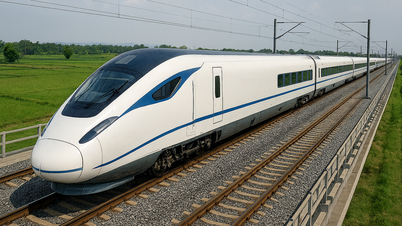





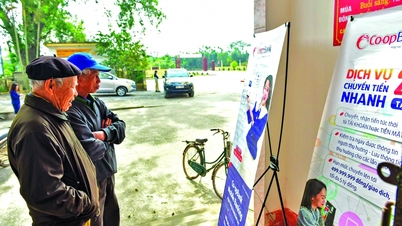










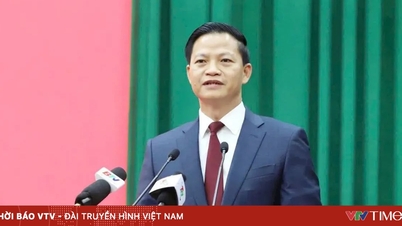
































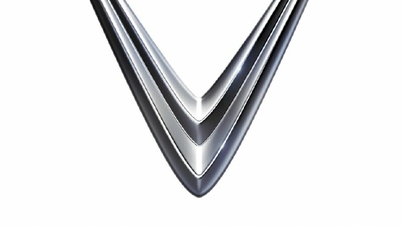
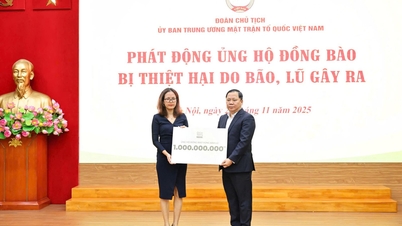










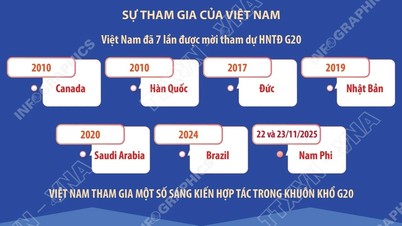




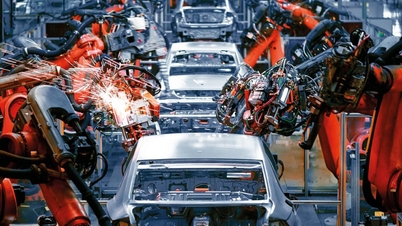

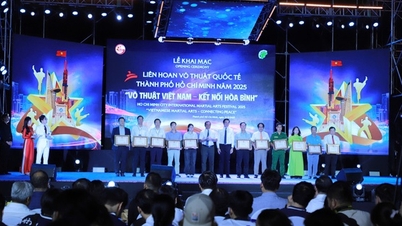




























Comment (0)